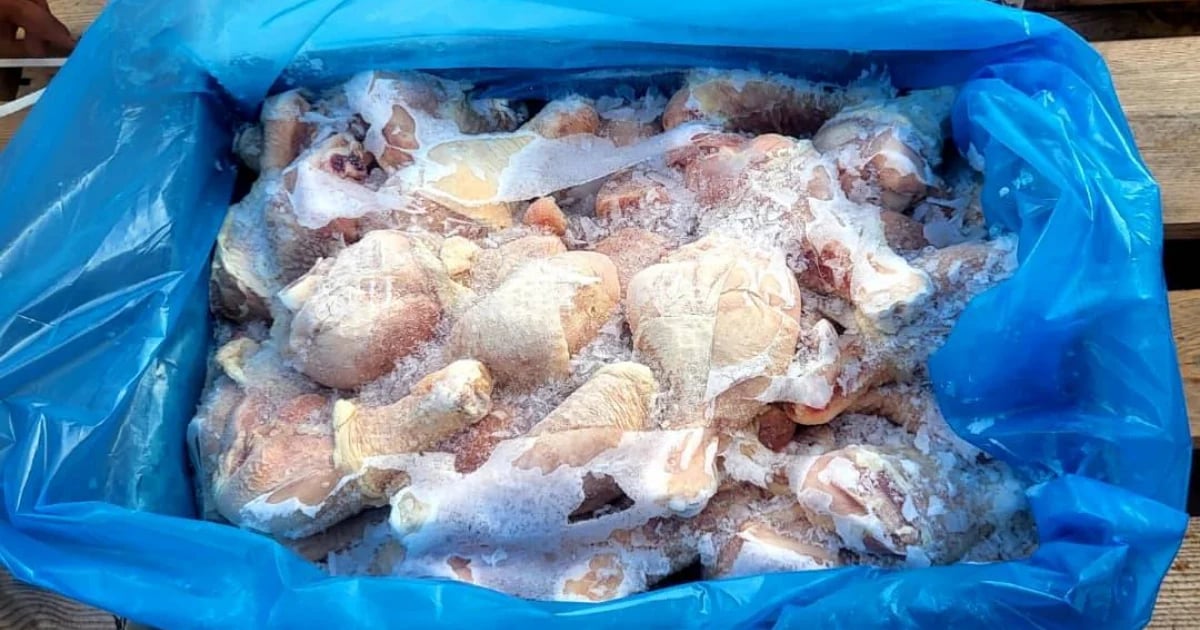The Cuban regime confirmed on Tuesday that it will uphold the regulation to temporarily set maximum prices for a group of essential products sold by non-state entities. The measure, which was announced to take effect on July 1st, seemed to have been forgotten. However, just minutes ago, the government assured that it remains committed to the idea despite ongoing analyses, complaints, and unproductive meetings, while the private sector waits in anticipation and the population struggles with rampant inflation.
Official Statements and Reactions
According to official journalist Lázaro Manuel Alonso on Facebook, the Vice Minister of Finance and Prices, Lourdes Rodríguez Ruiz, clarified that "the measure did not take effect this Monday due to the need to continue exchanges with economic actors about the realities they face in their importation, transportation, and commercialization processes, as well as to address public opinion." She also revealed that so far, "more than 3,400 meetings have been held with TCP, CNA, and representatives of Mipymes (small and medium-sized enterprises) on the subject, but it is necessary to continue them to build a fair consensus for both sellers and consumers."
Vice Minister Rodríguez acknowledged that "the proposed prices are not ideal," but "they consider the real costs for economic actors." The news comes shortly after various state entities announced on Facebook their decision not to implement the changes due to ongoing analyses and exchanges between government representatives and non-state entities, highlighting the continuation of dialogues.
"Analyses and exchanges with the FGNE (non-state management forms) continue until prices are agreed upon," stated a post from the Inspection Directorate of Pinar del Río on the social network, further informing that "the municipalities that published new prices based on the analyses conducted with these actors will not enforce them."
Implications and Challenges
The back-and-forth in just a few hours only underscores the regime's constant missteps and improvisations. The initiative aims to limit the maximum allowable costs for chicken parts, cooking oil, powdered milk, sausage (or "perritos" as known on the island), pasta, and powdered detergent, whose new prices were released by local administrations before reneging and resuming dialogues.
According to information released before the new provisions, those who violate the regulation will face fines of up to 8,000 CUP and even the revocation of their licenses. From the initial meetings between the vice minister and representatives of small and medium-sized enterprises, and the General Directorate of Importation of the Ministry of Foreign Trade, it became evident that it would be challenging for small and medium-sized enterprises to comply with the proposal. They face daily fluctuations in the informal exchange market, fiscal pressure, and fuel shortages, which add to the instability of international prices.
Conceived as a mechanism to curb the pace of price growth, the measure aims to counteract the impact of inflation, which hit 31% in Cuba in May; nearly ten times higher than the 2.6% in Europe and the United States during the same month.
FAQs on Cuba's Price Control Measures
To provide clarity on the recent regulation to cap prices on essential goods in Cuba, here are some frequently asked questions and their answers.
What products are affected by the new price caps?
The price caps will affect chicken parts, cooking oil, powdered milk, sausage, pasta, and powdered detergent.
Why did the government delay the implementation of the price caps?
The implementation was delayed to continue exchanges with economic actors about their challenges in importation, transportation, and commercialization processes, and to address public opinion.
What are the penalties for violating the new price regulations?
Violators could face fines of up to 8,000 CUP and the possible revocation of their business licenses.
